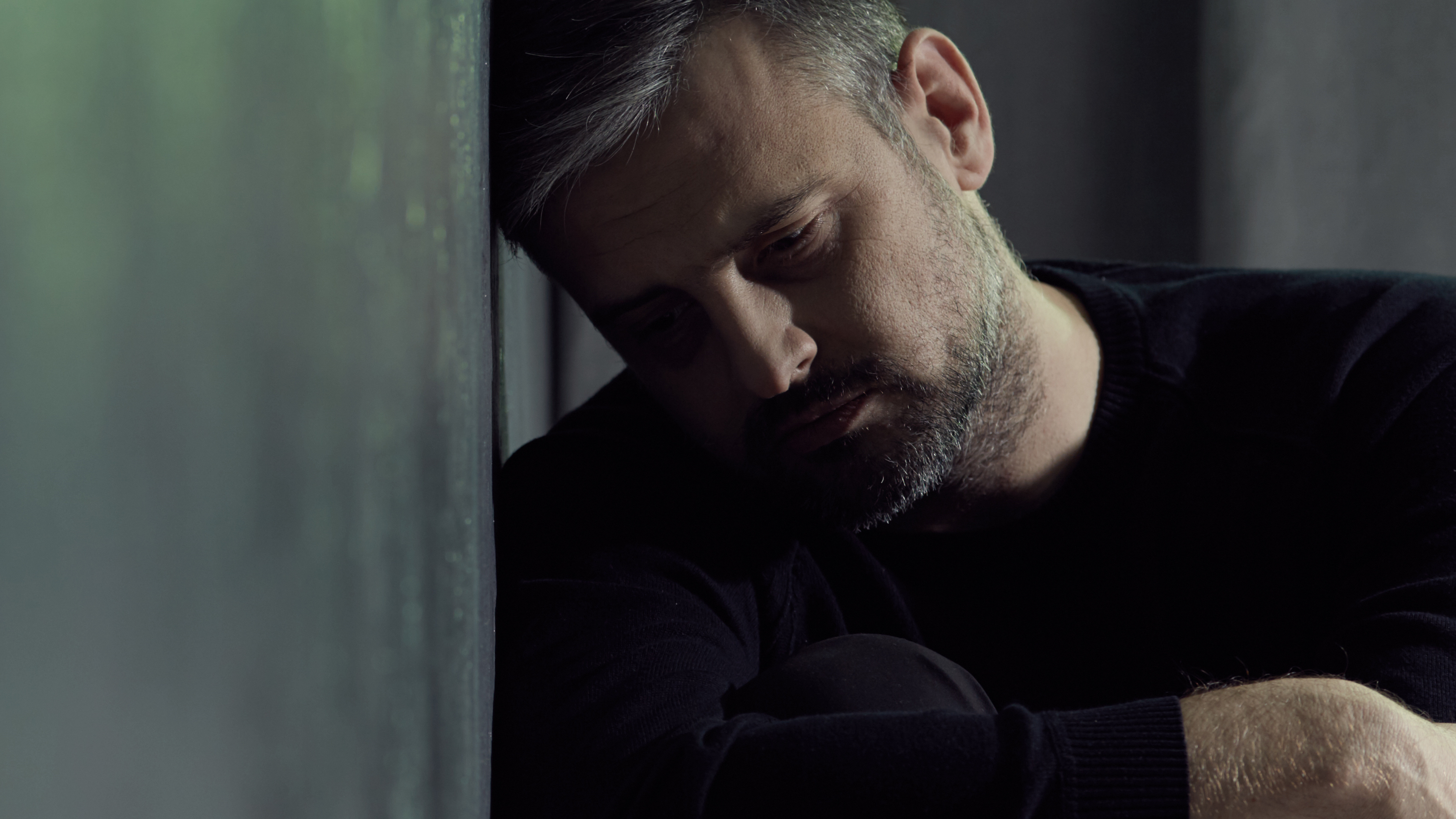Written by John Victor | Reviewed By Neha Bhardwaj | Updated On November 18, 2022

Listen to this article in Audio
DEPRESSION
“Is the most prevalent psychological problem in the general population.”
— Feeling intensely sad or hopeless or worthless
— Loss of pleasure in activities enjoyed earlier
— Feeling guilty
— Sleeping problems, too much or too little
— Moving slowly or restless and agitated, moving more
— Difficulty focusing
— Fatigue
— Restless or irritable
— Change in appetite
— Thoughts of death or suicide
Symptoms, Diagnosis & Treatment
What is Depression?
Depression is not merely the presence of low mood, it’s a serious illness in which a person continues to feel sad, empty, hopeless for a long period of time which could range from weeks, months to even years. Some people experience restlessness and anger during the depression and it becomes increasingly difficult and overwhelming to pass through the day and carry out routine tasks.
There can be different causes of depression which varies from person to person and sometimes occur due to a combination of more than cause
1 Difficult Childhood Experiences
• Emotional, sexual or physical abuse
• Family disturbances
• Traumatic Events’
• Loss of a significantly close person
• Neglect of basic needs of love and attachment
2 Life Events
• Loss of job or unemployment
• Breakup in close relationship
• Bereavement
• Transitions in life stages like joining college, job change, shifting house or getting married
• Physical or sexual assault
• Being bullied or abused
• Social Isolation
3 Physical Health Problems
• Conditions affecting the brain and nervous system
• Hormonal problems, like Hypothyroidism, Hyperthyroidism
• Symptoms relating to the menstrual cycle or the menopause
• Low blood sugar
• Sleep problems
4 Medication, Alcohol, or Drugs
Depression can be caused as a result of the side effects of different medications. Similarly, alcohol and street drugs like caffeine, and nicotine can also cause depression, taken initially to feel better can end up feeling worse in the long run
Depression is more than sadness, and simply "simply snapping out of it" may not be possible. Depression may require long-term treatment. But don’t get discouraged. People suffering from depression benefit from counseling, and medication, and sometimes both are combined to reduce the symptoms.
Depression and Suicidal Risk:
If you think a friend or family member is considering suicide, express your concern, and seek help immediately. Talking openly about suicidal thoughts and feelings can save a life.
Useful Info on Depression
Am I depressed?
If you identify with several of the following signs and symptoms—especially the first two—and they just won’t go away, you may be suffering from depression.
Signs and Symptoms of Depression?
Feelings of helplessness and hopelessness- An outlook- The situation will never get better, and there is nothing you can do to change it.
Daily activities become less pleasurable- You become less interested in sex, or hobbies you enjoyed earlier.
There is a change in your weight or appetite- A change in body weight of more than 5% in a month indicates significant weight loss or increase.
Sleep irregularities- Lack of sleep or Over Sleeping
Anger or irritability- Feeling agitated, restless, or even violent. You have a low tolerance threshold, a short temper, and are easily irritated by anything or anyone. You feel low on energy.
Loss of energy- Feeling fatigued, sluggish, and physically drained. Your whole body may feel heavy, and even small tasks are exhausting or take longer to complete.
Self- Loath- Feeling worthless or guilty. You are extremely critical of yourself for perceived flaws and mistakes.
Reckless behaviors- You indulge in risky activities like substance misuse, gambling, careless driving, or dangerous sports in order to escape.
Difficulty concentrating- Trouble focusing, making decisions, or remembering things.
Unexplained aches and pains- An increase in physical pains such as headaches, back pain, sore muscles, and stomach aches.
Much progress has been made in the last two decades in the treatment of people with mental illnesses, including depression. Although the exact treatment approach depends on the type of disorder, one or a combination of the following therapies may be used for most anxiety disorders:
Medication: Drugs used to reduce the symptoms of depression include anti-depressants and anxiety-reducing drugs. These medications may help you in calming your physical symptoms.
Psychotherapy: Psychotherapy (counseling) addresses the emotional response to your depression. It is a process in which trained clinical psychologists help you by talking through strategies for understanding and dealing with your depression.
Cognitive-Behavioural Therapy: This is a particular type of psychotherapy in which you learn to recognize and change thought patterns and behaviors that lead to troublesome feelings and anxieties.
Relaxation therapy: This is a specific psychological intervention in which you will be trained to control your physical symptoms by training your body to relax.
Ways To Make Treatment More Effective.
Many people with depression benefit from joining a self-help or support group and sharing their problems and achievements with others who have the same problems. Talking with a trusted friend or mental health professional can also provide support.
Stress management techniques and meditation can help people with depression to calm themselves and may enhance the effects of therapy. Research suggests that aerobic exercises may have a soothing effect. Caffeine, certain illicit substances, and OTC medicines for cold can worsen the symptoms of depression. Check with your physician or pharmacist before taking any additional medications.
Your family is very important in the recovery from depression. The family should ideally offer assistance while not contributing to the symptoms of their loved one. Family members should try to avoid trivializing the illness or forcing quick improvement of symptoms.

I have done M.Phil in Clinical Psychology, worked at VIMHANS till 2012. Since then started working at my own clinic in New Delhi. I also worked as an Asst Professor at Amity for some time, but my passion for working with clients brought me back to my clinical work. I have worked with hundreds of people, assisting them to achieve their goals.
I have also started this portal, Mind Solace, to bridge help seekers and help providers. As time goes, I have realized that there are so many amazing people out there who help others by sharing, writing, and interacting in meaningful conversations. Thus "My Mental Health Support" started.
Request you to join, engage, and support people around.
John Victor
Clinical Psychologist
CEO, Mind Solace.
You can also visit my personal website, www.johnvictor.com